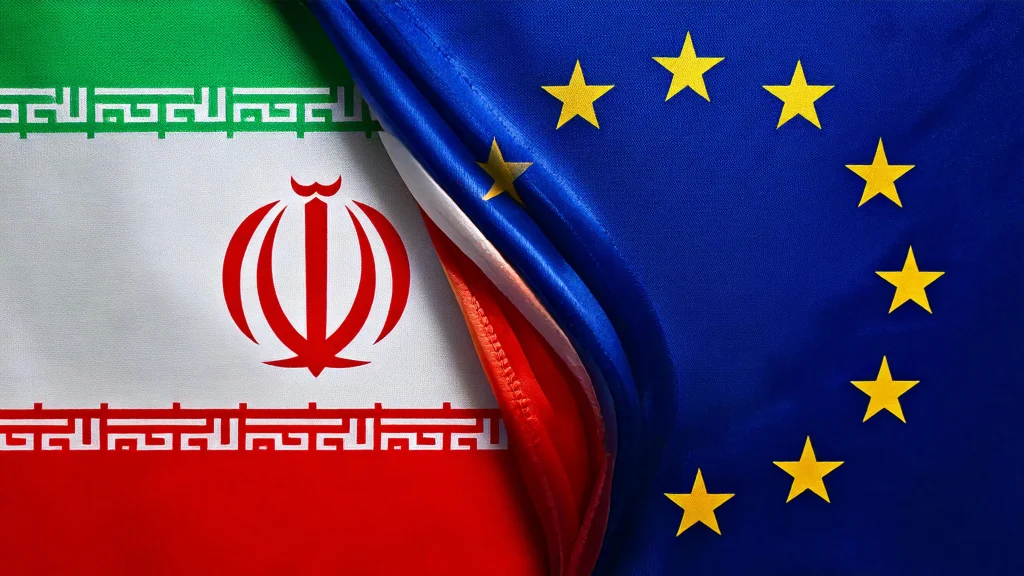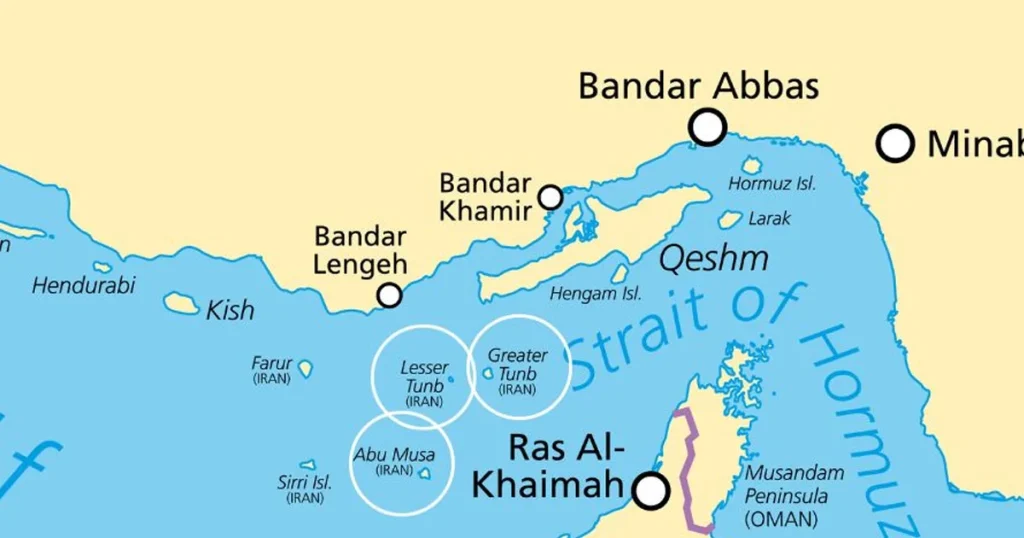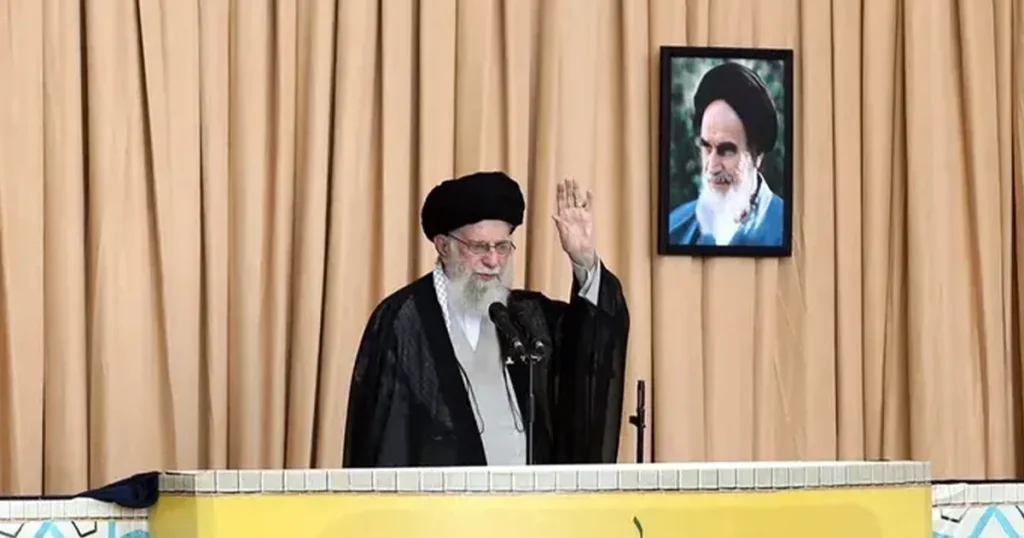Javad Zarif, the former Foreign Minister of Iran, is often portrayed by Western media as a charismatic diplomat, a soft-spoken intellectual who can skillfully navigate the complexities of international diplomacy. But beneath this charming façade lies a man who has masterfully utilized his position to promote the Islamic Republic’s oppressive agenda, all while masquerading as a champion of peace, justice, and human rights. Zarif is nothing short of a snake, a wily manipulator who has spent his career shielding one of the most repressive regimes in modern history.
The Servant of the Islamic Republic, Not the People
Zarif’s time as Foreign Minister (2013-2021) was marked by his frequent defense of the Islamic Republic’s human rights violations, both domestically and internationally. Although Zarif spoke eloquently about justice and international law on the world stage, he remained completely silent about the atrocities committed by his government against the Iranian people. From the mass arrests and torture of dissidents to the systematic persecution of religious and ethnic minorities, Zarif has not lifted a finger to address the rampant abuse of power under the regime. His silence speaks volumes about his loyalty—not to the Iranian people, but to the Islamic Republic’s leadership.
For all his talk of diplomacy and peace, Zarif was never a reformer. His role was always to protect the regime, not challenge it. As he brushed shoulders with Western diplomats and academics, he continuously sold the Islamic Republic’s agenda, cloaking it in the language of compromise and international cooperation. His so-called charm was nothing more than a strategic tool to deflect attention from the horrific realities of the regime’s actions at home. The “charm offensive” was a weapon to protect Tehran’s interests, and Zarif wielded it masterfully.
Complicity in the Regime’s Crimes: From Raisi’s Death to Political Infighting
One of the most controversial moments in recent Iranian politics was the mysterious death of President Ebrahim Raisi, a figure closely aligned with the regime’s hardline faction and the judiciary. Zarif, while not publicly implicated in Raisi’s demise, has long been part of the internal power struggles that define Iranian politics. These struggles pit reformists, hardliners, and the IRGC against each other in a ruthless battle for influence. It is important to note that Zarif’s supposed reformist credentials have often been a mere smokescreen; he is just as willing to play dirty as any of his hardline counterparts when it comes to preserving his own power and that of the regime.
Zarif and the Myth of Reform: Aligning with Figures Like Pezeshkian
Contrary to any suggestion that individuals like Masoud Pezeshkian represent a real challenge to the regime, they are in fact part of the same system that Javad Zarif has loyally served throughout his career. Pezeshkian, often identified with the so-called reformist movement, is another figure who talks about change but never pushes for genuine reforms that would undermine the Islamic Republic’s power structures. Both Zarif and Pezeshkian operate within the same political framework, using rhetoric about reform to placate critics without delivering any substantial changes that would benefit the Iranian people.
Zarif’s relationship with Pezeshkian underscores his role not as a power-broker seeking to challenge the status quo, but as an enabler of the regime’s ongoing rule. Like Pezeshkian, Zarif’s public image as a reformist is a carefully crafted illusion designed to maintain the regime’s legitimacy both at home and abroad. These so-called reformists offer a softer image of the Islamic Republic to the world, but their loyalties remain firmly with the regime, and their actions only serve to reinforce its control.
In reality, Zarif has always been part of the establishment’s inner circle. He has never been interested in destabilizing the regime but rather in protecting it from external and internal threats. Aligning himself with figures like Pezeshkian helps maintain this image, offering a façade of reform while protecting the system’s fundamental interests.
Zarif’s Continued Influence Behind the Scenes
While Javad Zarif may no longer hold an official title, his career is far from over. In fact, his alliance with figures like Masoud Pezeshkian has breathed new life into his political maneuvering. Zarif remains deeply involved in the regime’s internal power struggles, working behind the scenes to protect the Islamic Republic’s interests and maintain his influence. His diplomatic experience and connections continue to make him a vital asset to the regime, even if he no longer serves as its public face.
Zarif’s alignment with Pezeshkian and other reformist figures is part of a calculated strategy. Together, they present a more moderate image of the regime, but their loyalty to the system is unwavering. Zarif’s influence over Iran’s foreign policy continues to be significant, and he remains an active player in shaping the Islamic Republic’s approach to international negotiations, particularly as tensions rise over nuclear issues and regional conflicts.
It’s clear that Zarif has not retired from politics; he has simply shifted to a more covert role. His ability to navigate Iran’s complex political landscape and maintain connections with both the reformist faction and more conservative elements of the regime ensures that he remains a powerful figure, even out of the spotlight. His career, far from being over, has taken on a new dimension, one that allows him to exert influence without the constraints of holding public office.
Conclusion: A Wolf in Diplomatic Clothing
Javad Zarif’s legacy is one of deception. His outward charm and diplomatic veneer have masked his true role as a loyal servant of the Islamic Republic, dedicated to protecting the regime at all costs. His involvement in international influence campaigns, his complicity in the regime’s internal power struggles, and his failure to address the horrific human rights abuses in Iran reveal a man more interested in preserving power than promoting peace. As the factions within the regime continue to fight for dominance, figures like Zarif will no doubt continue to maneuver for personal gain, leaving the Iranian people to suffer the consequences of their deceit and ambition.
The damage he has done, both to the Iranian people and to the credibility of international diplomacy will linger for years to come. He is not a reformer. He is not a peacemaker. He is the godfather of lies and propaganda, a master manipulator who has spent his career furthering the agenda of one of the world’s most oppressive regimes.






